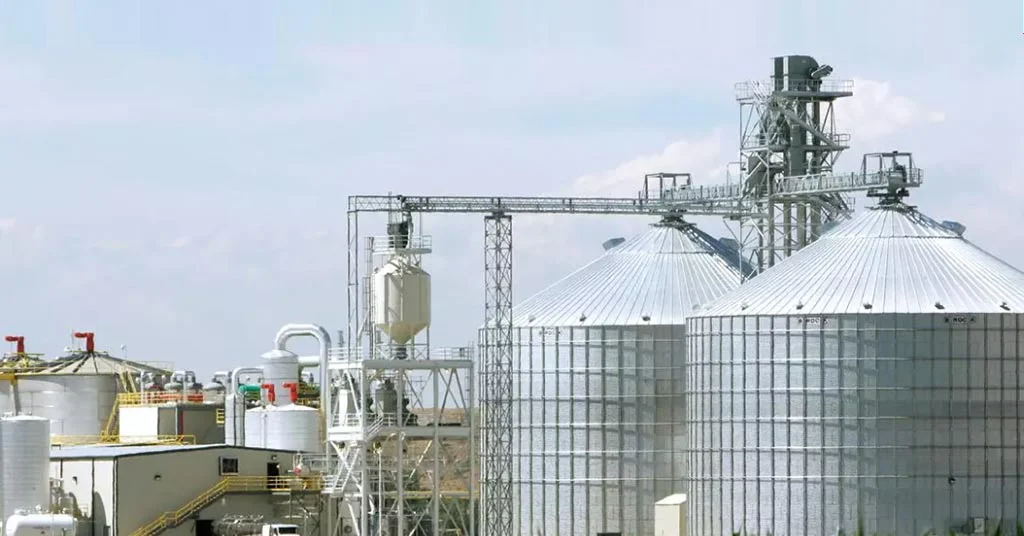Welcome To ChemAnalyst

Rising ethanol stockpiles in Brazil have thrown a curveball at the nation's major sugar-cane producers, as the population's increasing preference for more economical gasoline takes a toll on earnings. This shift in consumer behavior has prompted a strategic shift among these producers toward ramping up sugar output.
In the second quarter, ethanol inventories of Raizen SA, Brazil's leading ethanol producer, surged by more than twofold compared to the previous three months. This move was a deliberate attempt by the company to withhold sales in the hopes of capitalizing on improved pricing opportunities. Raizen's Chief Financial Officer, Carlos Moura, conveyed this strategy to journalists, underscoring their response to the evolving landscape by bolstering sugar production as extensively as feasible.
The downturn experienced by Raizen's biofuel sector significantly impacted its second-quarter financial results, contributing to a recent earnings shortfall. This trend echoed through the industry, with competitors such as Sao Martinho SA and Jalles Machado SA experiencing similar challenges. Industry data reported a 9% decline in the sales of 100% ethanol fuel in July, as revealed by Unica, a prominent industry group. Jalles Machado estimated that this drop in demand elevated the nation's total ethanol stockpiles by about 5% compared to the previous year.
In a potentially fortuitous twist, the recent dry weather conditions could provide an opportunity for producers to allocate a larger share of their cane juice for sweetener production. This has the potential to bolster sugar supplies, especially when considering that the industry is already processing more cane during this season. Raizen indicated its intention to process a significantly larger quantity of cane, ranging from 80 to 83 million tons, a substantial increase from the 74 million tons processed the previous year.
Although biofuels constitute a substantial portion of Brazil's economic landscape, the demand for ethanol has been on the wane due to the increasing cost competitiveness of gasoline. The majority of vehicles in the country are equipped to run on either gasoline or ethanol, which means that lower gasoline prices naturally diminish the appeal of filling up tanks with ethanol.
The sugar industry is now pinning its hopes on a strategic shift in light of recent fuel price adjustments by oil giant Petroleo Brasileiro SA. These price increases announced recently, are being viewed as a positive indication by Raizen's CEO, Ricardo Mussa. The hikes are expected to align local fuel prices more closely with international market rates, potentially mitigating concerns that the state-controlled enterprise would implement rate freezes as a measure to control inflation. This move has the potential to rejuvenate the sugar industry's prospects by balancing the dynamics of fuel prices and consumption patterns.
We use cookies to deliver the best possible experience on our website. To learn more, visit our Privacy Policy. By continuing to use this site or by closing this box, you consent to our use of cookies. More info.
